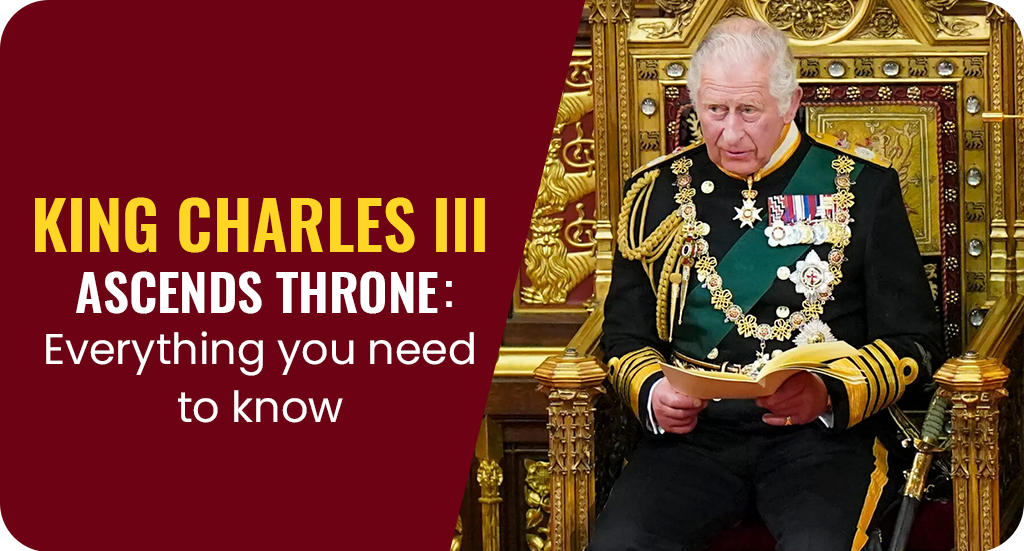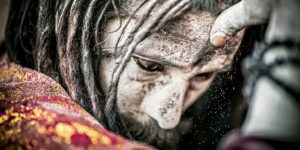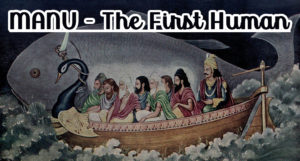The new king has a reputation for being outspoken and for meddling in political affairs. He’s also known for his sensitivity and philanthropic work. Learn more about the Britain’s new king here.
On September 8, 2022, after Queen Elizabeth II’s death, her eldest son Charles III succeeded her as Monarch of the United Kingdom of Great Britain and Ireland. Charles III had spent nearly his entire 73-year-life preparing for this position. He was proclaimed monarch a few days after the Queen’s death. His coronation is expected to take place in 2023.
Charles is now the head of state not only of the United Kingdom but also of the countries of the Commonwealth, including Canada, Australia, and New Zealand. He also becomes the head of the Church of England and the military and judiciary.
Now married to Camilla Parker Bowles, the new Queen Consort- King Charles was previously married to the late Princess Diana. The couple had two children, Prince William and Prince Harry.
The oldest person to ever assume the British throne, Charles has many firsts to his credit. He represents the modernisation of the British monarchy, was the first heir to go to school, the first to graduate from a university, and the first to face intense media spotlight because of his rocky marriage and divorce with Princess Diana.
Prince Charles Philip Arthur George was born in Buckingham Palace on November 14, 1948 to Queen Elizabeth II and Prince Phillip. He was their first child. In 1952, when his mother acceded the throne, the three-year-old became the Duke of Cornwall. He became Prince of Wales at the age of 20.
The Prince admitted that he faced a lot of bullying from his classmates at Gordonstoun, a Scottish boarding school famous for character development through outdoor activities.
Charles studied history at Cambridge University’s famous Trinity College in 1970, becoming the first member of the British Royal Family to get a university degree.
After graduation, he served in the military for more than seven years- he earned his pilot’s licence in the Royal Air Force, later shifting to the Royal Navy, where he gained expertise in flying helicopters. In 1976, he retired as the commander of the minesweeper HMS Bronington.
Charles married Diana in 1981. The marriage didn’t last that long because of his affair with Camilla and the couple’s extramarital affairs. They separated in 1992 and divorced in 1996; Diana died in a car accident after a year.
Charles and Diana’s tumultuous relationship always made headlines. He alienated the people of Britain with his contentious divorce. The event made many people question his fitness for the throne.
It took more than a decade for the people of Britain to forgive the future king for cheating on his wife and “the people’s princess”, as Diana was fondly called. The shift in public emotions finally came after his marriage to Camilla Parker Bowles in 2005.
Charles must focus on “how to generate public support, a sense of endearment” that was characteristic of Elizabeth’s relationship with the British public,” historian Ed Owens said. “He’s nowhere near as popular as his mother.”
The new king, who has long held a reputation for being outspoken and meddling in political affairs, has been vocal about issues like climate change and architectural preservation, violating laws prohibiting royals from getting involved in public affairs.
“While Charles will tread a careful path, it’s unlikely he will suddenly stop talking about climate change and environmental issues where there is a broad consensus about the urgent need for action,” historian Ed Owens said.
Strengthening the future of the Commonwealth is a difficulty King Charles is bound to face. Since its establishment, both the Commonwealth group and the British Empire’s position within it have changed. One of the main responsibilities of Queen Elizabeth II was to maintain the organisation, and she has been successful in doing so. However, King Charles has ascended the throne at a time when the Commonwealth’s very significance is being questioned. Many critics argue that the group of 54 countries has lost its meaning as a result of Britain’s declining global dominance and the growth of republican ideologies in some of the 15 countries that identify the British monarch as head of state.
Last year, Barbados removed the British Monarch as the head of state, announcing itself as a republic. Other countries like St Vincent, St Lucia, Jamaica, and the Grenadines have also expressed their will to follow, presenting a major threat to the future of this loosely-held group of nations.
The level of importance King Charles will give to the commonwealth is yet to be seen. The then-Prince of Wales was appointed head of the commonwealth in 2018. He had addressed Commonwealth officials before his mother passed away, saying that he appreciated the friendships Commonwealth countries have built over the past 70 years and looked forward to their deepening in the years ahead.
The concerns notwithstanding, King Charles III’s reign is expected to be one of “continuity and stability”, royal commentator Victoria Murphy said.
The King is known for his sensitivity and charity work- he’s patronised more than 400 organisations. He’s often been critical of religious intolerance and islamophobia, which political commentators say have helped save Britain against xenophobic and terrorist attacks of the scale of 9/11.
Though less popular than his mother or son, Prince William, almost two-thirds of Britons see him in a positive light, a 2021 YouGov finding states.
For now, however, all eyes are on how the new king deals with immediate challenge- whether he intends to size down the monarchy to just his immediate family, wife Camilla, and the spouses and children of his sons, Prince Harry and Prince William. Prince Harry’s relationship with the King and the rest of the royals is also being keenly observed.








